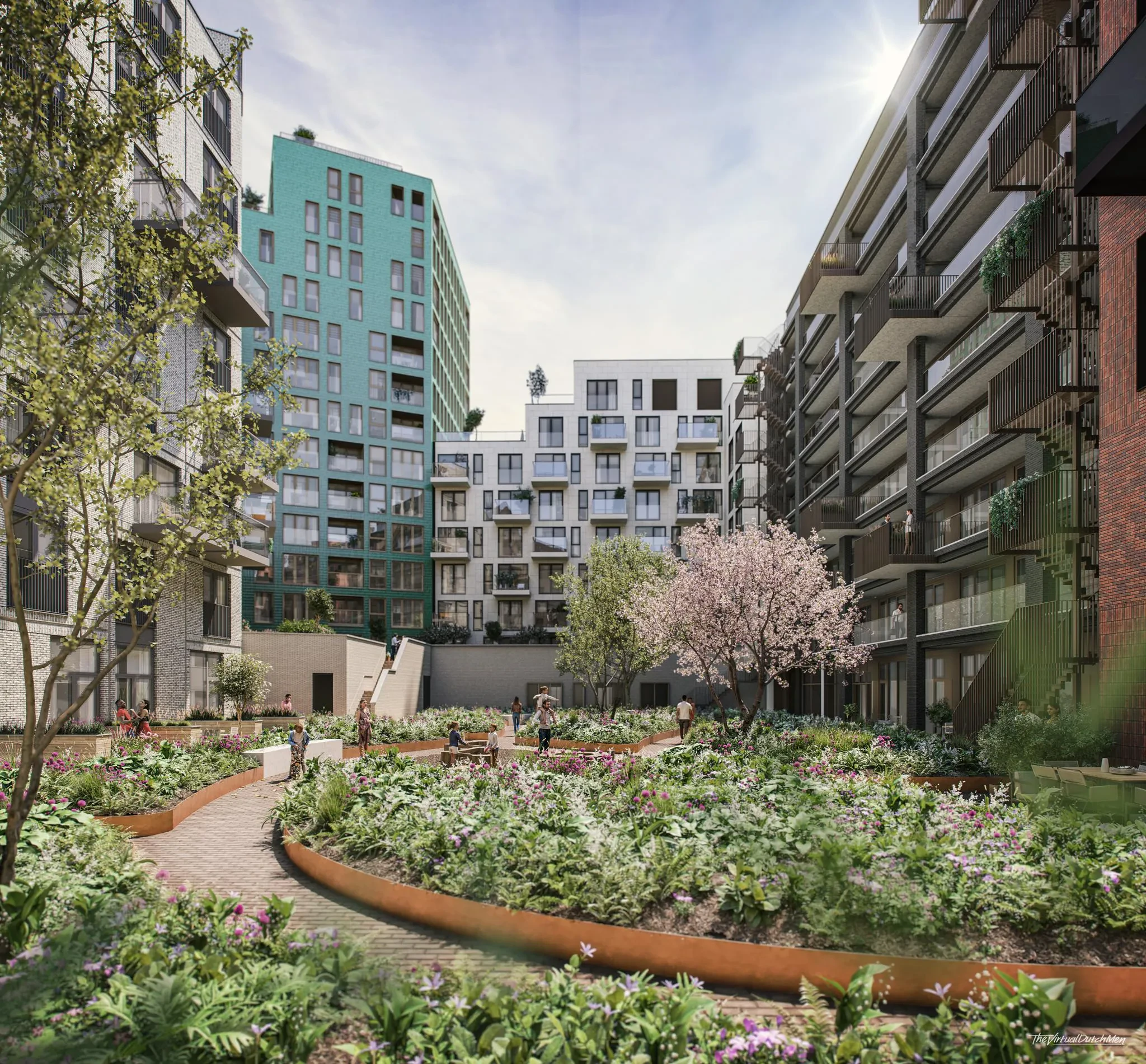GUIDE TO DUTCH MORTGAGE REQUIREMENTS FOR EXPATS
When purchasing a property in the Netherlands, it's essential to ensure that your new home meets your desires while also having your financial affairs in order. Here are some key things to know about Dutch mortgages:
Bank, mortgage provider, mortgage brokers:
Obtaining a mortgage involves entering into a financial and legal contract with a Dutch bank or financial institution. You have the option to work directly with your bank or enlist the services of an intermediary like an independent financial advisor or mortgage broker.
An independent financial advisor can compare various mortgage providers and banks, explore their different mortgage options, and help you choose the best offer and conditions that suit your needs. They will also assist you with the necessary paperwork and insurance matters.
Initial meetings with advisors are usually free of charge. However, it's essential to clarify which services are covered by your mortgage broker and which expenses are included in the fee. If you choose to deal with your bank directly, they may have separate charges for advice and handling.
Types of mortgages:
The two primary types of mortgages in the Netherlands are annuities mortgage and linear mortgage.
- Annuities mortgage: with this type, you begin by paying mostly interest and a small portion of the loan each month. Over time, the interest decreases, and loan repayment increases, leading to gradually rising monthly expenses.
- Linear mortgage: with a linear mortgage, you repay a fixed part of the loan plus interest each month. Consequently, your debt decreases rapidly, resulting in a decrease in monthly expenses over time, which is unlike the annuities mortgage where expenses increase.
Different variations of the above mortgage types may exist, and a mortgage broker can provide you with detailed information. Ensure you check if you qualify for tax relief when closing your mortgage.

Maximum mortgage:
In the Netherlands, homeowners cannot take out a mortgage exceeding the value of the property. This means you cannot finance additional costs through your mortgage. However, if you plan to carry out construction work to improve the energy label of your home, you may be eligible for a mortgage of up to 106% of the property's value. It's crucial to seek expert advice to understand all the requirements.

Tax deductions:
If you have an annuities or linear mortgage, you may be eligible for tax relief.
The interest on your mortgage is tax-deductible, and you can receive refunds either monthly or annually.
Mortgage requirements:
When applying for a mortgage with Dutch banks, expats may need to meet specific requirements. Some banks may require you to have lived in the Netherlands for at least five years, provide a deposit, or show proof that your residence permit can be extended. Additionally, you'll need to submit various documents, including:
Proof of income: this may include a valid employment contract, employer statement, salary details, payslips, and income tax return.
Proof of assets: you must demonstrate sufficient assets to cover additional costs, and this may include statements from checking and savings accounts, as well as documents related to other investments and properties you own.
Proof of debt: your mortgage provider will check for any existing debts such as loans, student debts, credit card debts, alimony payments, ground lease, or private lease car arrangements.
Documents related to the property:
you'll need to provide the purchase agreement, valuation report, property's structural condition report, and specifications for any renovation plans, if applicable.

Expat mortgage advisor
Keep in mind that your unique situation may require additional documents, and it's essential to be well-prepared and organized. Enlisting the help of an expat-friendly mortgage advisor, such as Jasper van den Boogaard, can be highly beneficial throughout this process.












